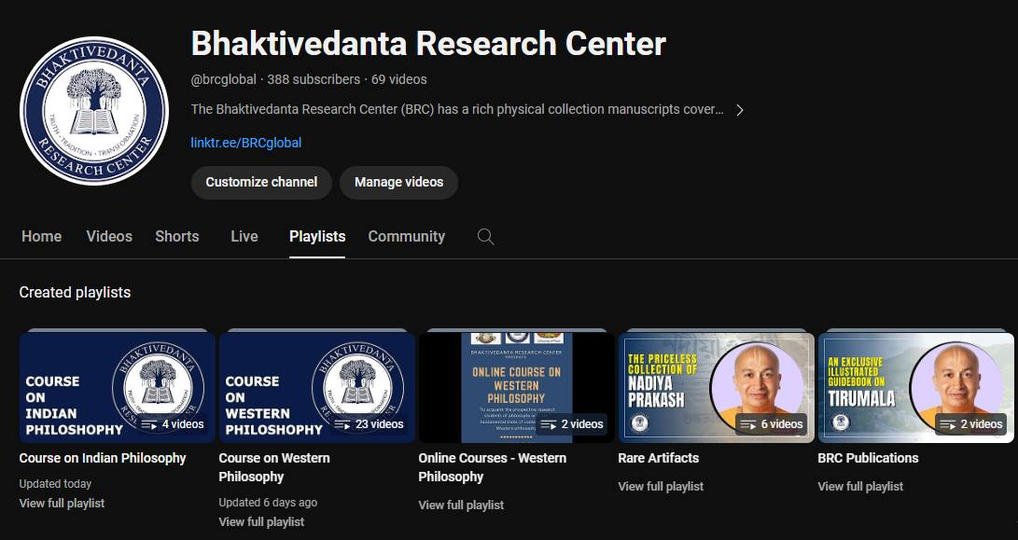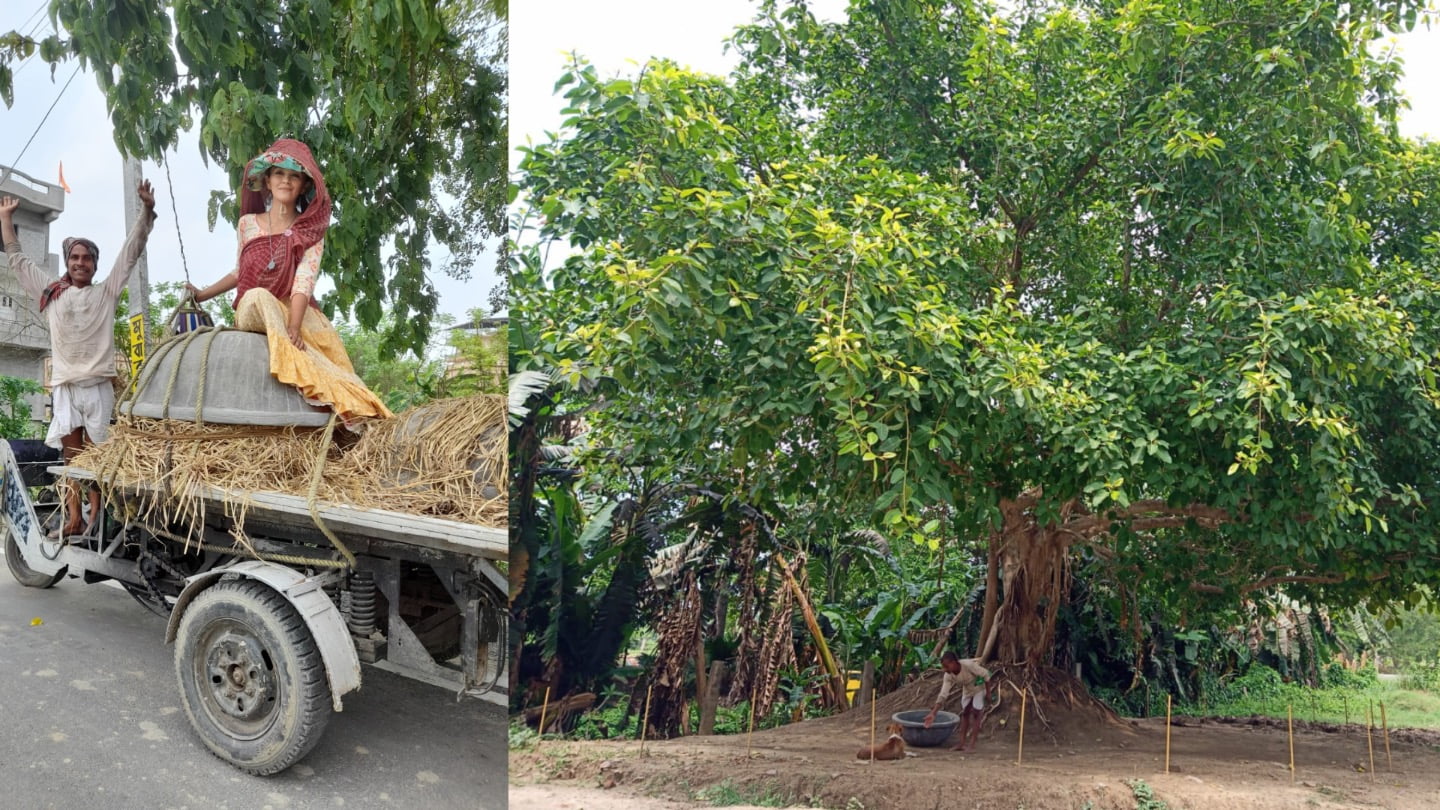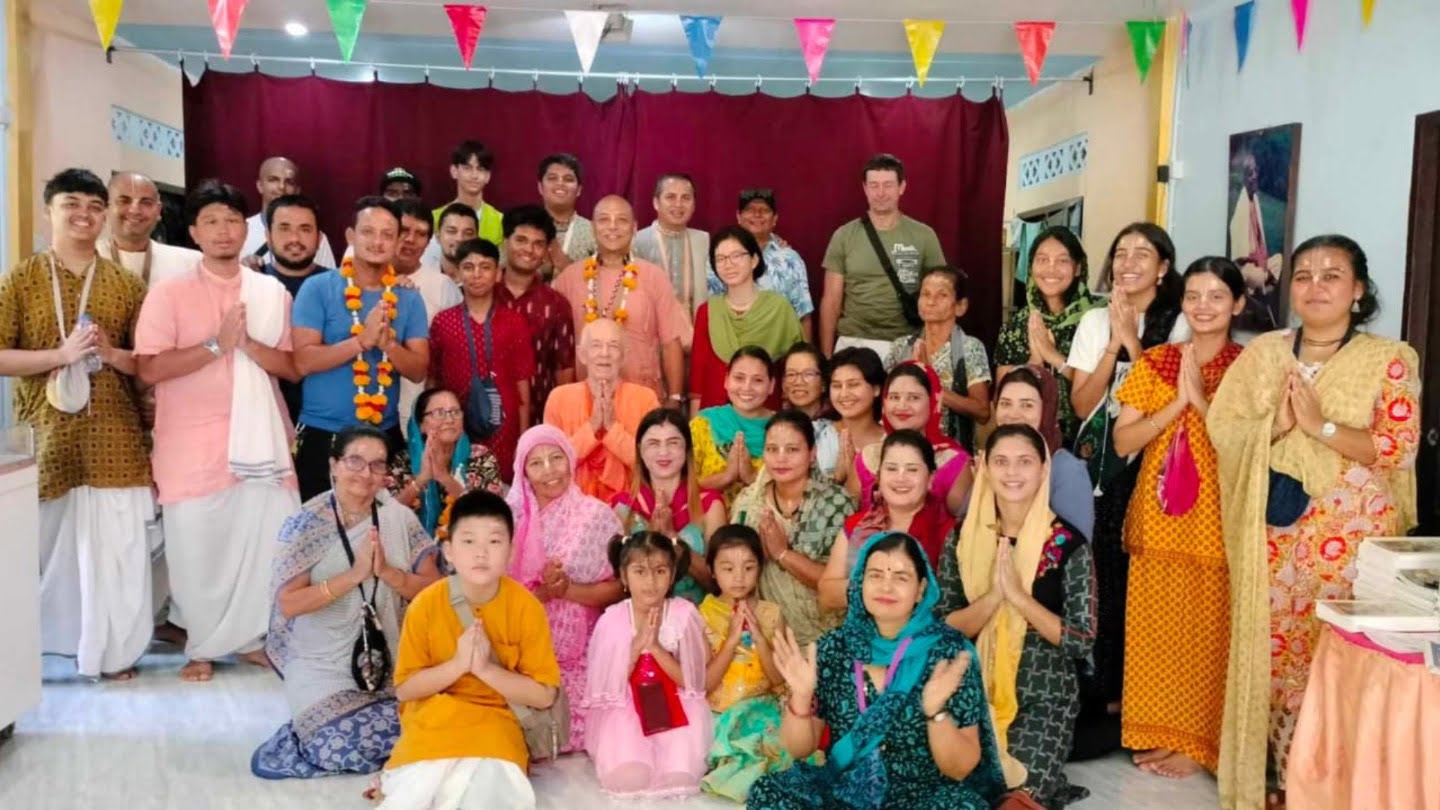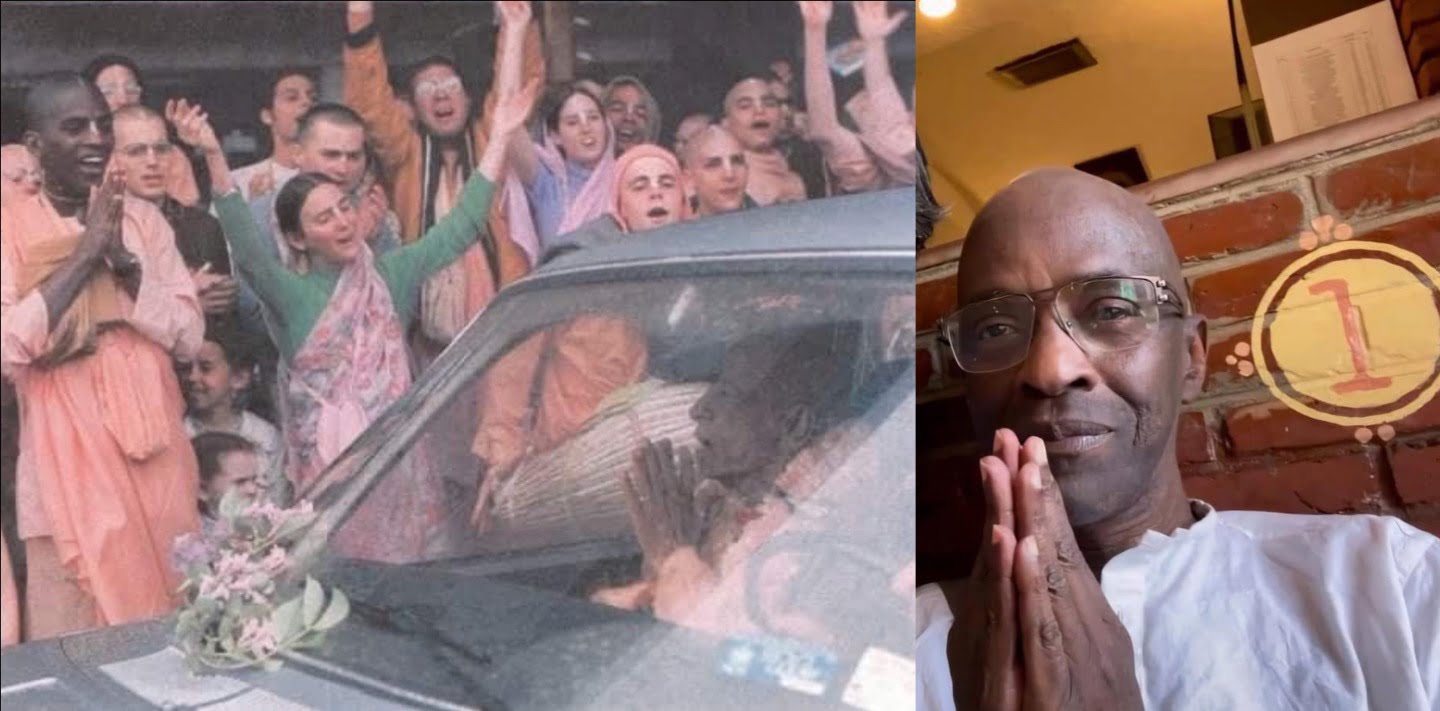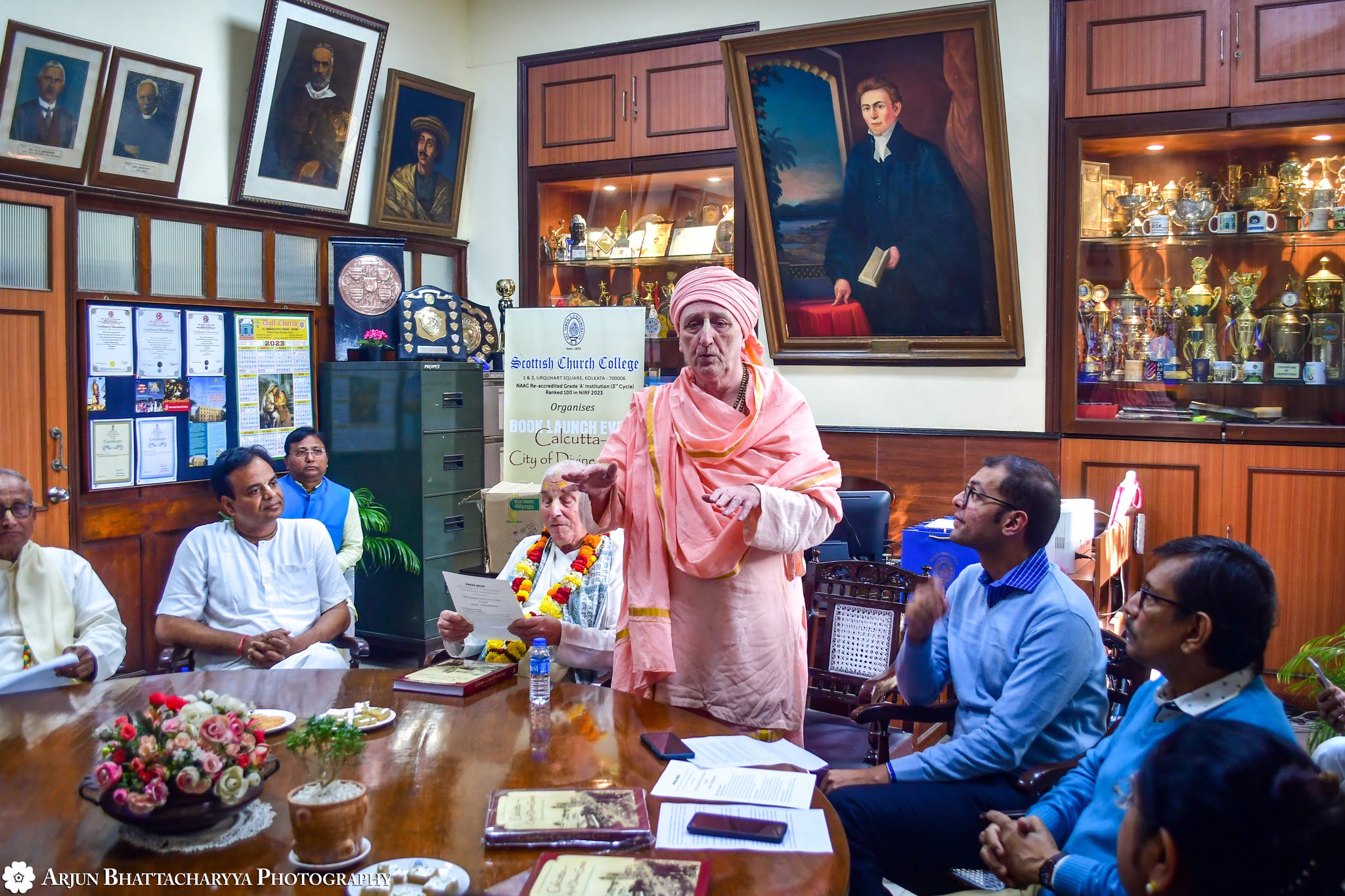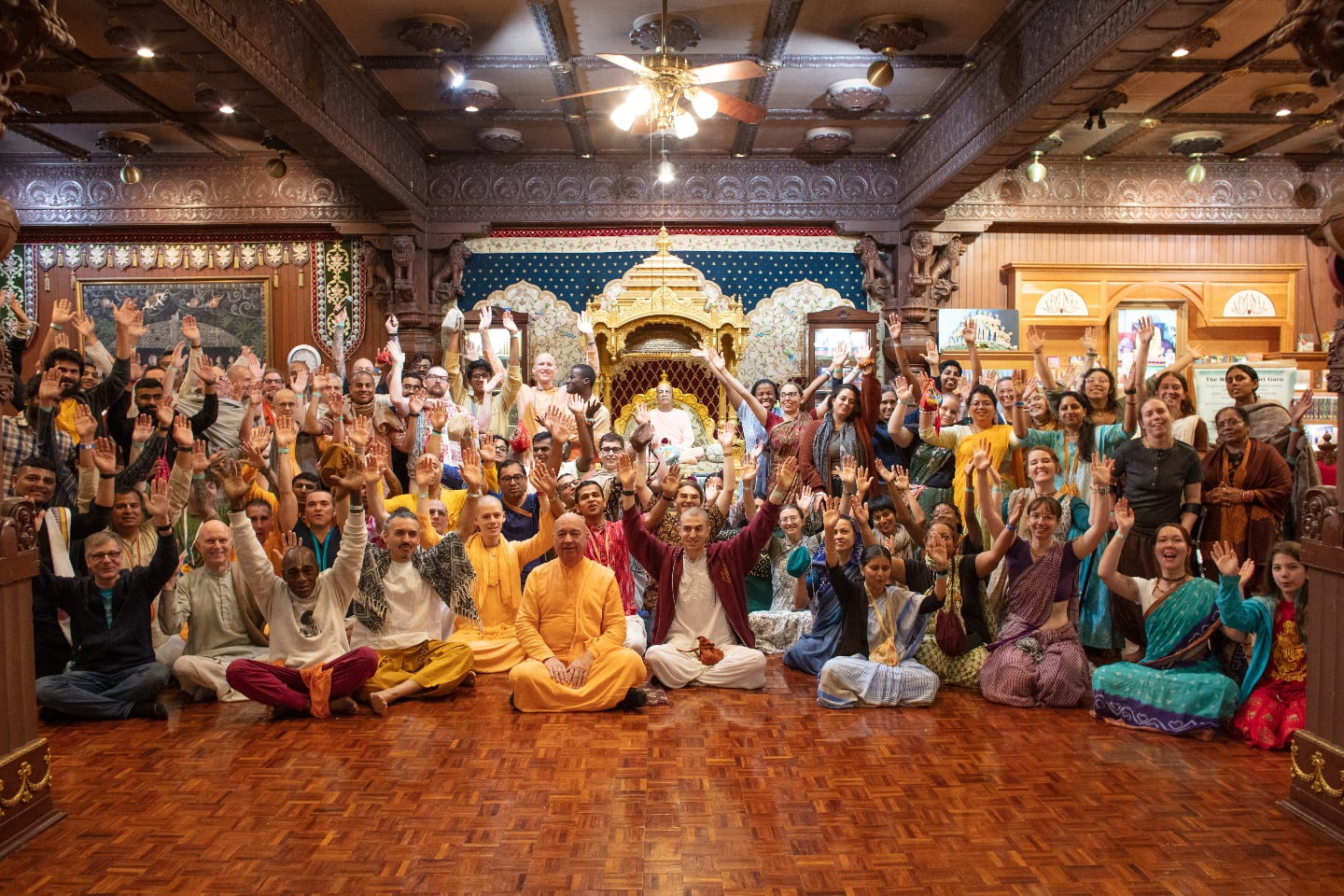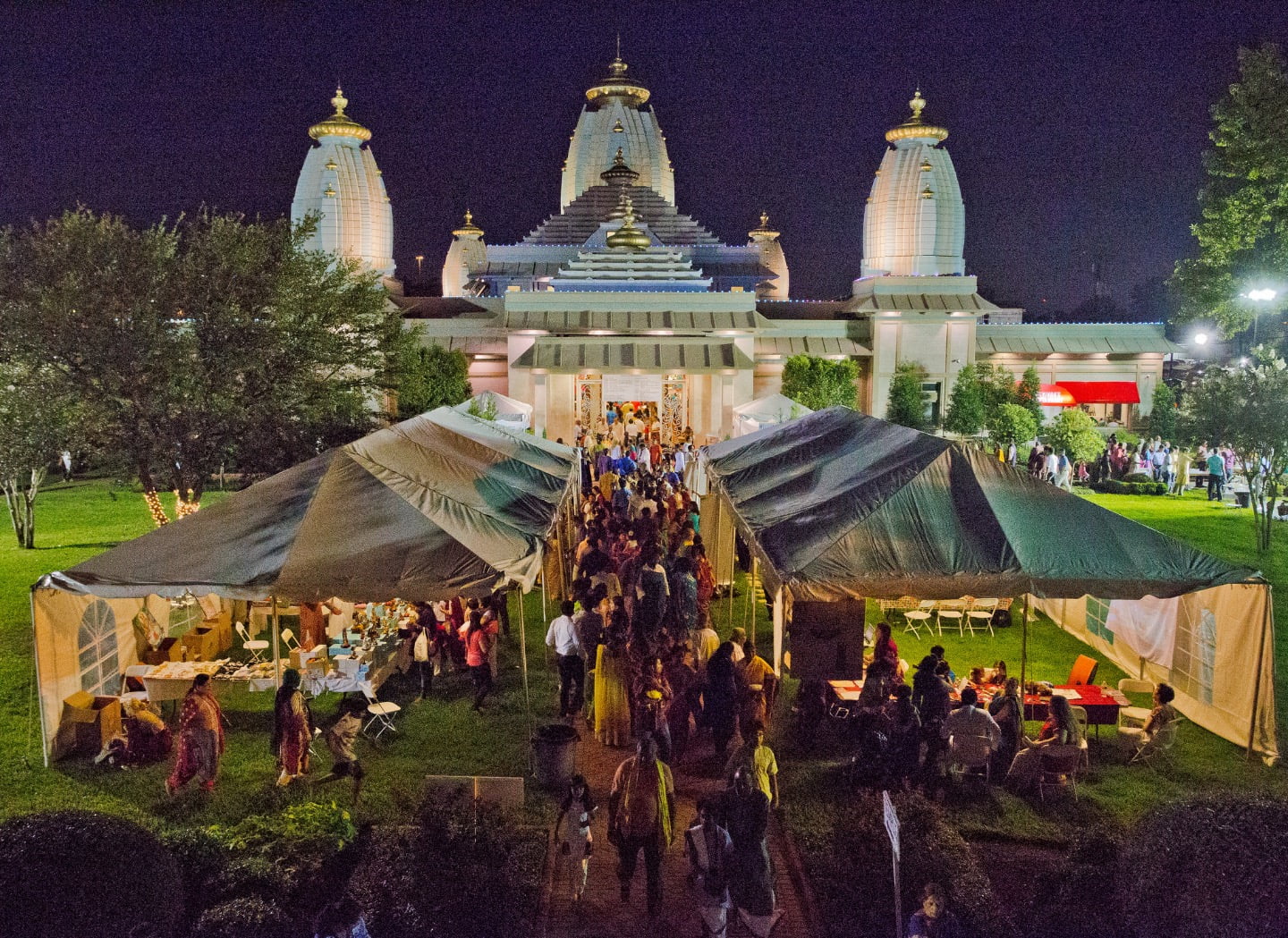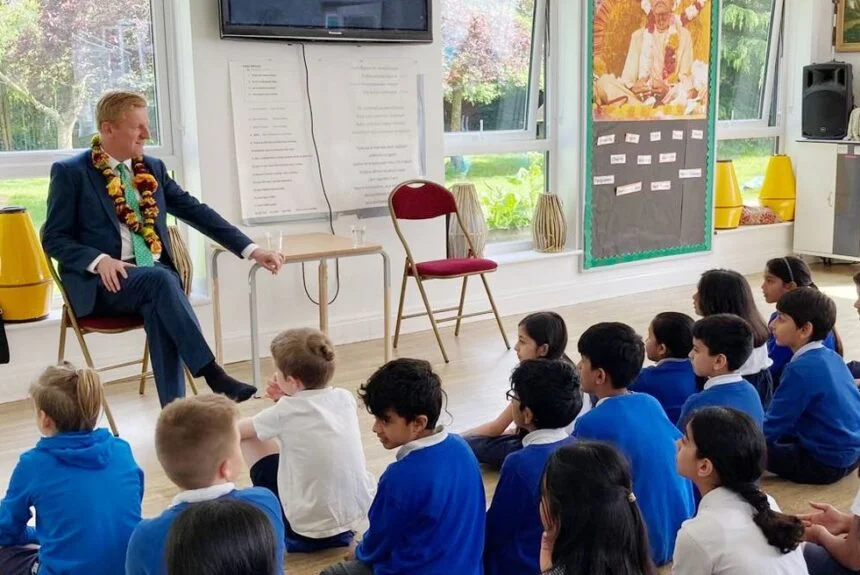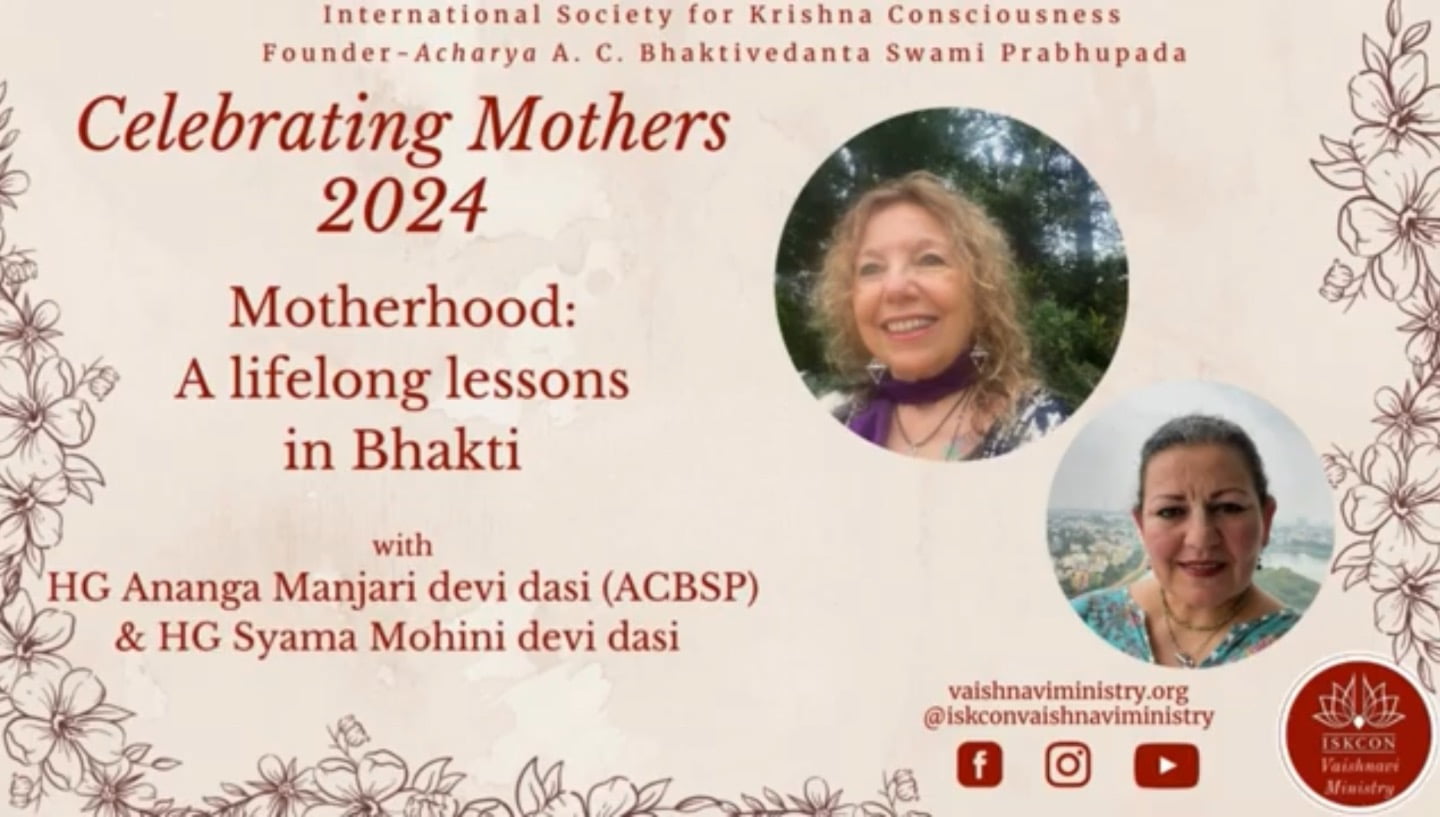Mayapur GBC Meetings: Day 6
By Sraddhadevi Dasi | Feb 17, 2010
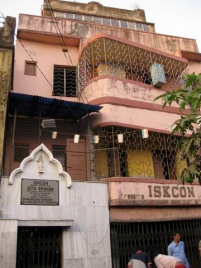
Governance of ISKCON’s managerial bodies was the main topic of discussion for the sixth day of ISKCON’s Governing Body Commission’s Annual General Meeting in Mayapur, India.
At present, ISKCON not only has an international Governing Body Commission (GBC) which is responsible for the overall management of ISKCON, but in some regions there are additional lower level governing bodies such as Regional Governing Bodies (RGBs), National Councils, and Continental Committees. What was at question is how these bodies, which hold regular meetings and pass resolutions, interact with and report to the overall managerial authority, the GBC.
Given the intricacy and importance of the topic, the GBC proposed to form a Rules of Order committee composed of representatives from the lower-level managerial bodies who will explore the topic in greater detail. The committee will consider not only practical issues of management, but also the desired management structure of Srila Prabhupada. The issue will then be discussed with more information and in greater detail during the GBC meeting next fall in Juhu.
The following day, another complex topic was brought to the GBC Body for discussion by Sivarama SwamiSwami. This was the topic of membership in ISKCON—who should be considered a member of ISKCON as a spiritual society and by what standards?
Romapada Swami, the GBC Chairman, made clear that Sivarama Swami’s presentation is not the official position of the GBC, nor is it a formal proposal to the GBC. Rather, the intention of the presentation was simply to reflect on the question and engage in thoughtful discussion.
Sivarama Swami initiated the conversation regarding the definition of ISKCON and ISKCON membership by first exploring the notion of “society.” He pointed out that in general, citizens within a society hold common rights and individual rights. For example, there are general laws to be followed in a country, but individuality can also be expressed within the country as long as a citizen acts within the constraints of the common law. Therefore, a citizen is someone who allows his or her individuality to be subservient to the common law of the society.
Following this logic, Sivarama Swami asked if ISKCON, a spiritual society, should require devotees to follow defined standards in order to be considered a member of ISKCON. Such standards could include anything from following the four regulative principles and chanting sixteen rounds of the Hare Krishna Maha-mantra daily to perhaps even not watching television for enjoyment. More general standards would be loyalty to Srila Prabhupada, following the GBC as the ultimate managerial authority of ISKCON, and actively engaging in some service within one’s local devotional community.
Sivarama Swami suggested that if we clearly define rules of membership for ISKCON, there is still a place for those who are not at the point of complying with the common laws of the spiritual society and yet who still hold faith in Krishna consciousness. Those who are not official ISKCON members, Sivarama Swami suggested, would share some of the same rights as ISKCON members, such as attending the temple functions, but would not receive the same benefits as official ISKCON members, for instance being allowed to reside in ISKCON temples or farms, serve in official leadership positions within ISKCON, or take part in ISKCON initiative projects.
Gopal Krishna Swami pointed out that in ISKCON we have members at various levels in their spiritual life. Creating strict membership guidelines for ISKCON could exclude from ISKCON a substantial number of sincere devotees who are not practicing at such high levels.
Sivarama Swami responded with understanding to this point and again explained that his intention was simply to present ideas to consider and discuss, rather than a fixed idea on how ISKCON membership should be defined. However, he did express that a clear definition of what it means to be a member of ISKCON should be further discussed and explored.
Following Sivarama Swami’s presentation, Radha Krishna Dasa and Radhradhya Dasa gave an inspiring update on the Eco Valley project in Hungary, a model village working toward self-sustainability. Eco Valley, through its Sustainable Science Research Center, recently began a program where university students live at Eco Valley for two months to study and train in developing self-sustainable communities. Radha Krishna Dasa also reported that Eco Valley now has eight university affiliations and eleven university students writing dissertations on the Eco Valley project. For more information on the Eco Valley project, visit www.ecovalley.hu.
Hari Sauri Dasa concluded the evening with an enlivening presentation on the new Bhaktivedanta Research Centre located in Kolkata. The Bhaktivedanta Research Centre, dedicated to gathering, preserving, and making available Vaishnava and Vedic Cosmology texts, officially opened in June 2009.
The Bhaktivedanta Research Centre initiated from a need to house and make available texts related to Vedic cosmology for the Temple of the Vedic Planetarium’s Cosmology Project. The building, kindly donated to ISKCON by Mr. MC Shamsukha in 2000, was completely renovated to create an excellent library space for 15,000 books along with comfortable guest rooms for visiting devotees and scholars. Suitable space is also available in the building to function as a temple and lecture hall.
Most astonishing was a recent library acquisition that contained many rare and valuable pieces including a personal diary of Bhaktisiddhanta Sarasvati Thakura, a postcard written to Bhaktivinoda Thakura by his daughter, and a 400-year old manuscript of the Madhya Lila of Caitanya Caritamrta. The Bhaktivedanta Research Centre, under the academic direction of Pranava Dasa and Krishna Abhiseka Dasa, is currently working to catalog and professionally preserve this acquisition before the texts disintegrate even further.
Thousands of Vaisnava manuscripts and texts have yet to be located and preserved, and due to the effects of time, these texts are disappearing. Hari Sauri Dasa thus conveyed the important work the Centre is already doing and the immediate need to support furthering the work of the Bhaktivedanta Research Centre. For more information on the Bhaktivedanta Research Centre, please contact iskconbrc@gmail.com.





